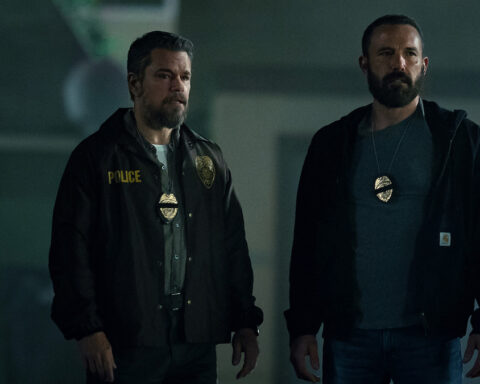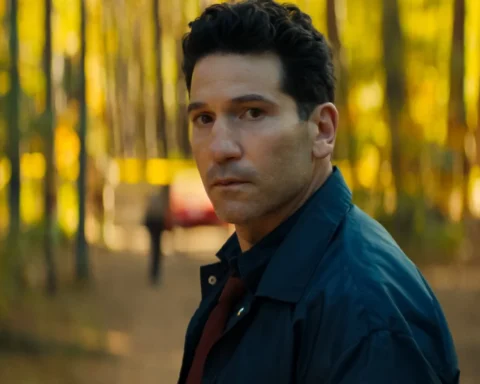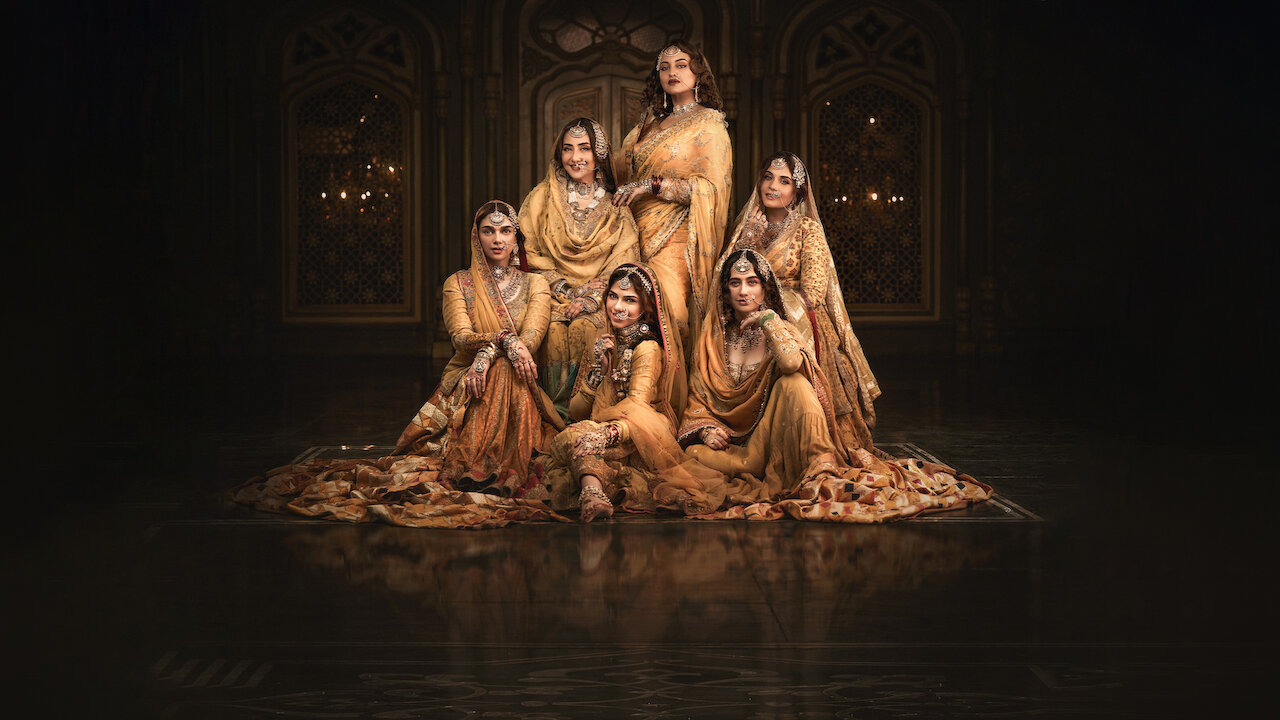When faced with an overwhelmingly unexpected situation where the law and order of the state are involved, we are psychologically conditioned to do one of two things. Either confront it head-on or let it decide the course of our lives. Whichever option we choose will define us as the kind of humans we aspire to be. In Spanish filmmaker Elías León Siminiani’s The Asunta Case, another true crime thriller streaming on Netflix, a middle-aged couple is accused of murdering their adopted child. This upended their world instantly, and they had to suffer the wrath of the legal system. At the moment, they choose to fight to prove their innocence. The six-episode web series is based on a real-life incident that created a stir in Spain in 2013. It can be christened an intriguing miniseries, and the style and the pacing are engineered to heighten our curiosity. But beyond the pale of integrity and intentions, it is a sharp piece of storytelling that doesn’t implore in melodramatic tones. From highlighting the stringent process of investigation to underlining predatory media coverage and their voyeuristic indulgence, the creators Ramón Campos, Jon de la Cuesta, Gema R. Neira, and David Orea go after the case with surgical precision and cut through the legal cobwebs to create a persuasive viewing experience.
Rosario Porto (Candela Peña), a lawyer, and Alfonso Basterra (Tristán Ulloa), a journalist, are a married couple who could not conceive a biological child. So, in 2007, they traveled to China and adopted a six-year-old girl named Asunta. Six years later, the couple is divorced. On the fateful night of September 21, 2013, Rosario and Alfonso went to the police station to file a report of their now thirteen-year-old Asuna (Iris Whu) being missing. A few hours later, as two men are returning in a drunken state from a pub, one of them discovers the lifeless body of a young girl by the street. The police arrive on the scene, and the body is identified as Asuna. Later, Judge Juez Malvar (Javier Gutiérrez) also gets involved with the case, and two police officers, Rios (Carlos Blanco) and Cruces (María León), with diligence and perseverance, begin their hunt to hunt for the criminal. As the investigation proceeds and the autopsy of Asuna is completed, Malvar begins to suspect that the foster parents are involved in the manslaughter of the innocent girl. What follows is a narrative that could potentially bring the remnants of the real-life case back from the depths of oblivion into public memory.

Every character possesses a distinct set of experiences and responsibilities towards parenting. Their commitment or bitterness toward those responsibilities is what makes The Asunta Case moving and downright revelatory. Alfonso had a troubled relationship with his father, from whom he needed financial support time and again; Rosario at times used to be irritated by the behavior of her teen daughter; Malvar had to deal with his cranky old father after toiling throughout the day; Rios also has difficulty raising his granddaughter; and Cruses is going to have a child through in vitro fertilization and is stressed about the situation. This becomes one of the many remarkable aspects of the mini-series, which also makes it a humane story. It allows us to see and feel everyone’s point of view, from an ex-couple going through extreme psychological distress to individuals who are part of a system where circumstantial evidence is given priority over human emotions. But at the same time, the law enforcers are also depicted as individuals who empathize with the accused ex-couple. Cruses shares a smoke with Rosario and listens to her woes while in custody. In one of the evidence collection procedures that takes place in the country house that belonged to Rosario’s late parents, Malvar is extremely rude towards the grieving parents and refuses to remove Rosario’s cuff. But a few moments later, he not only asks one of the guards to remove the cuff but also to get her a jacket.
As the investigation follows, harrowing pieces of information surface and put us into the vortex of doubts regarding the culpability of the ex-couple. There are two sequences that showcase the events that transpired during the killing from the perspective of two individuals, like the Rashomon Effect. So, the narrative suggests that we form our own opinion about the case. There are heart-wrenching moments where we find the ex-couple grieving the loss of their daughter, and our hearts go out to them. We begin believing in their innocence. In contrast, Malvar acts like a provocateur who steers us towards an alternate stance and, through the shreds of evidence, compels us to believe they are the murderers. However, he fails to construct a plausible and evidentiary theory behind the murder. Thus, we can assume that the accusation and the arrest of the couple stemmed from the biases of the law enforcers. In the final episode, we come across the character Ruben, a butcher who becomes one of the jury members of the trial. After having witnessed the testimonies in the courtroom, he becomes a staunch believer in the guiltlessness of the accused. But as he puts his opinion in front of the other jury members, he discovers that their views are tinted by information that has been circulating in the news channels. Meanwhile, Ruben has stayed aloof from the case while it was widely discussed in the media. So, in the end, we are unsure if justice was truly served or if the two innocent individuals became victims of the media’s sensationalism of the case. Such obscurity is devised within the narrative because the makers want to keep us in doubt when reading the outcome of the trial. Such intentions also become evident throughout the episodes where Asuna’s perspective on the events surrounding her life is not explored. It serves as a reminder of the ambiguous nature in which life and justice often unfold.

While every person fits into his or her role more or less, Javier Gutiérrez, as the arrogant and no-nonsense Malvar, steals the show. He portrays a dominating and steely attitude as a judge. He also exhibits extreme resilience in handling the tantrums and quirkiness of his elderly father with a cool-headed bearing. Candela Peña as Rosario and Tristán Ulloa as Alfonso perfectly convey their dilemmas on the screen. Playing the roles of innocent parents, they execute their parts flawlessly. While individuals accused of their daughter’s murder, are equally complex and vile, Iris Whu, as Asunta, brings an endearing sensitivity to her role as a teenager with an unfortunate fate. Carlos Blanco as Rios and María León as Cruces make a pleasant screen presence as hardworking police officers.
The cinematography by Daniel Sosa Segura competently establishes a gloomy, mysterious, and enigmatic mood constantly throughout each episode. It effectively pulls us into the intricate world of the investigation. The editing by Diego Fajardo and Alfonso Regueiro keeps up the tempo of the series perfectly. Even when the narrative falters, their taut cutting keeps it from getting monotonous. The seamless juxtaposition between different camera formats adds immediacy to the scenes. The sound design by Ruben Bermudez maintains the perfect tonal quality to create intrigue and mystery around the story. The background score by Adrian Foulkes and Federico Jusid balances the emotional and suspenseful moments nicely to lift the storytelling a notch or two.
Though there is a very subtle undertone to the narrative that paints Rosario and Alfonso as victims of insensitive investigators and the judicial system of their country. At the same time, the mini-series does not work in defaming the efforts undertaken by Malvar and the public prosecutor as fallacious. Overall, it leaves viewers feeling somewhat abandoned. It fails to explore certain avenues that could have enhanced the narrative in greater depth. A dynamic characterization of the principal cast through powerful scenes of intrigue and suspense would have worked wonders for the series. Rios and Cruces are reduced to filler characters to drive the story forward. Their stories had the potential to be developed into characters whose personal lives could have enhanced profundity. This prevents the writing from being immaculate, despite having a gripping and dramatic final episode that runs over an hour. Despite such imperfections, The Asunta Case has engaging plot-driven episodes and commendable performances from the cast. For those who prefer to watch the miniseries without Googling the case, it’s binge-worthy.





